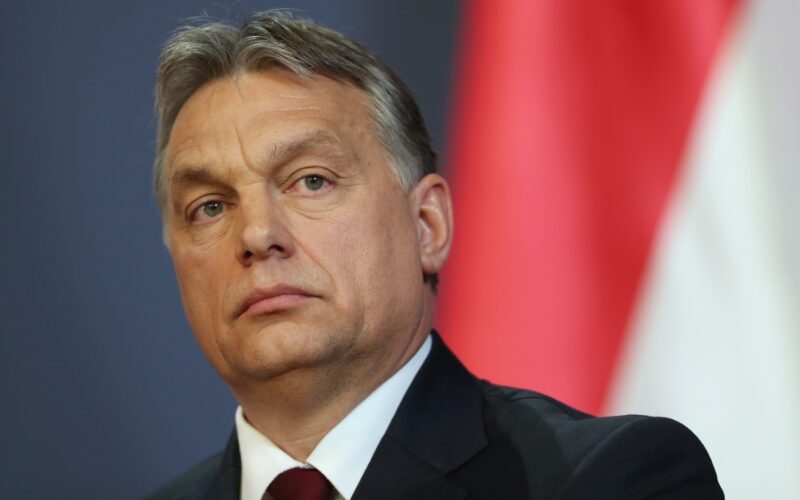Hungary has declared its intention to oppose a United Nations resolution commemorating the 1995 genocide of Bosnian Muslims in Srebrenica, according to statements made by the country’s foreign minister on Wednesday. Péter Szijjártó, hosting Bosnian Serb leader Milorad Dodik in Budapest, accused the U.N. and the high representative for Bosnia and Herzegovina of actions that could destabilize the region.
Szijjártó stated Hungary’s opposition to the planned U.N. resolution, referring to the event as the “Srebrenica tragedy,” citing concerns that it could unfairly stigmatize the Serbian nation. He emphasized the need for international actors to de-escalate tensions in Bosnia and Herzegovina and refrain from interfering in its internal affairs.
The U.N. resolution, proposed by Germany and Rwanda and supported by Bosniak politicians and several European nations, seeks to designate July 11 as the “International Day of Reflection and Commemoration of the 1995 Genocide in Srebrenica.” However, it faces strong opposition from Bosnian Serbs and Serbia, supported by Russia and China, who argue it could unfairly brand the Serbian people as genocidal.
International courts in The Hague have classified the events in Srebrenica as genocide, with Bosnian Serb leaders convicted of genocide by U.N. judges. However, Dodik, the Bosnian Serb separatist leader, denies the genocide label and has faced sanctions for actions undermining peace efforts.
Dodik echoed Hungary’s concerns about the resolution’s potential to destabilize Bosnia and Herzegovina, thanking Szijjártó for opposing it.
In response to Hungary’s stance, Emir Suljagić, head of the Srebrenica Memorial Center, criticized the position as troubling and accused Hungarian Prime Minister Viktor Orbán of aligning the country with forces of denial and revisionism. Suljagić argued that Hungary’s refusal to acknowledge the genocide sets a dangerous precedent of ignoring historical truths for political convenience.








